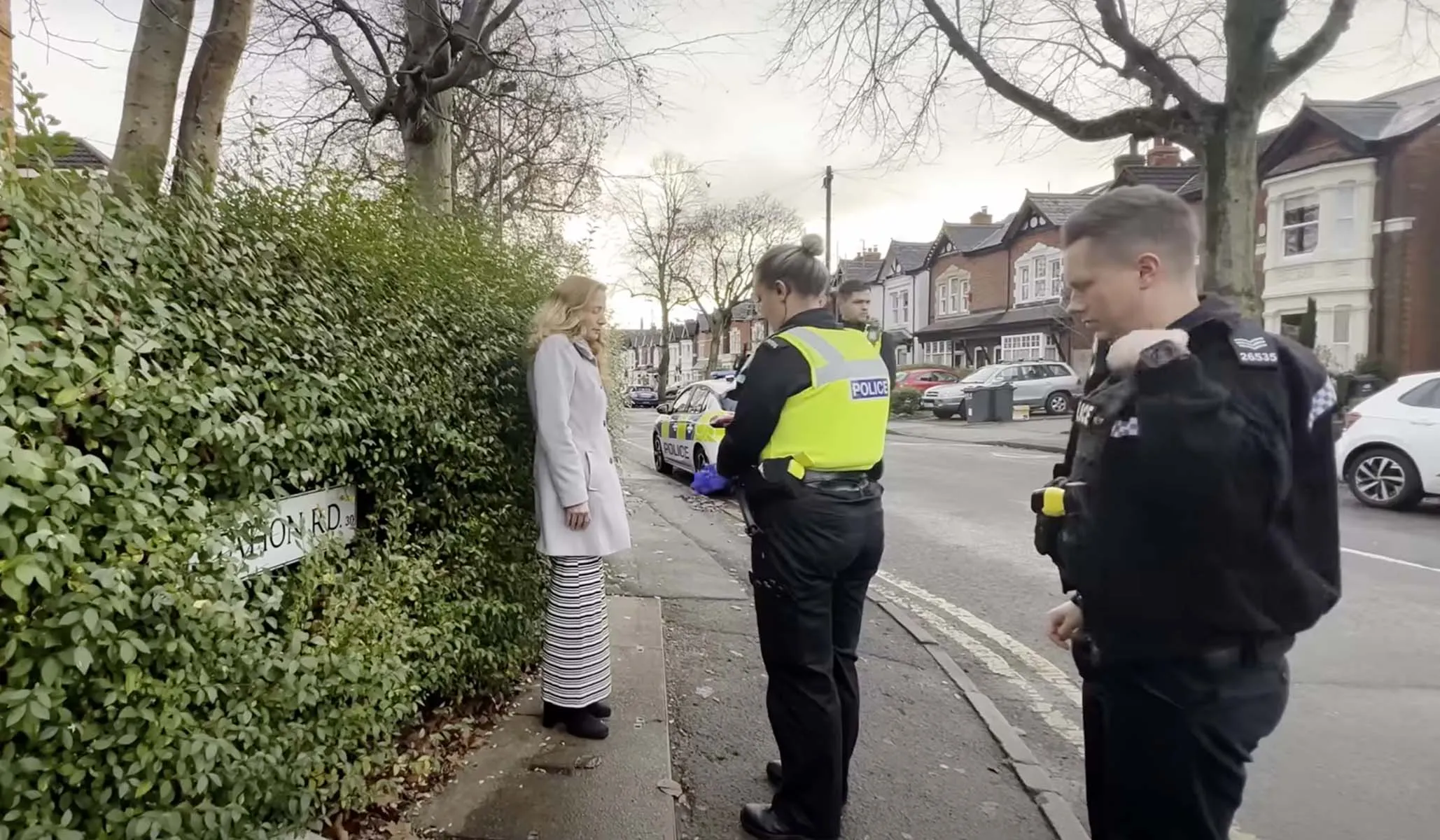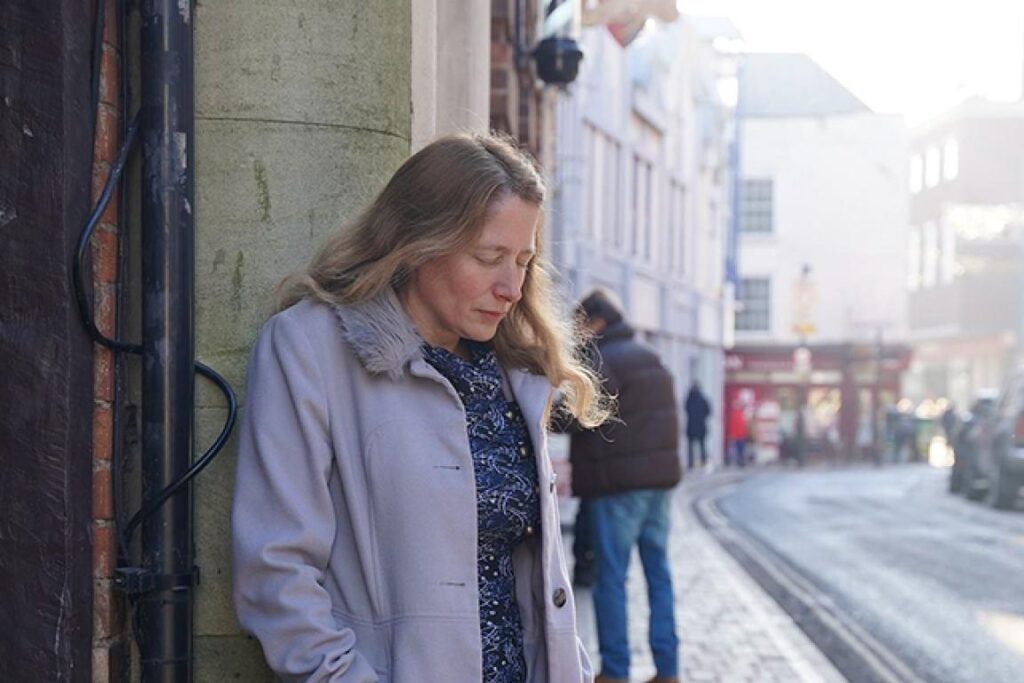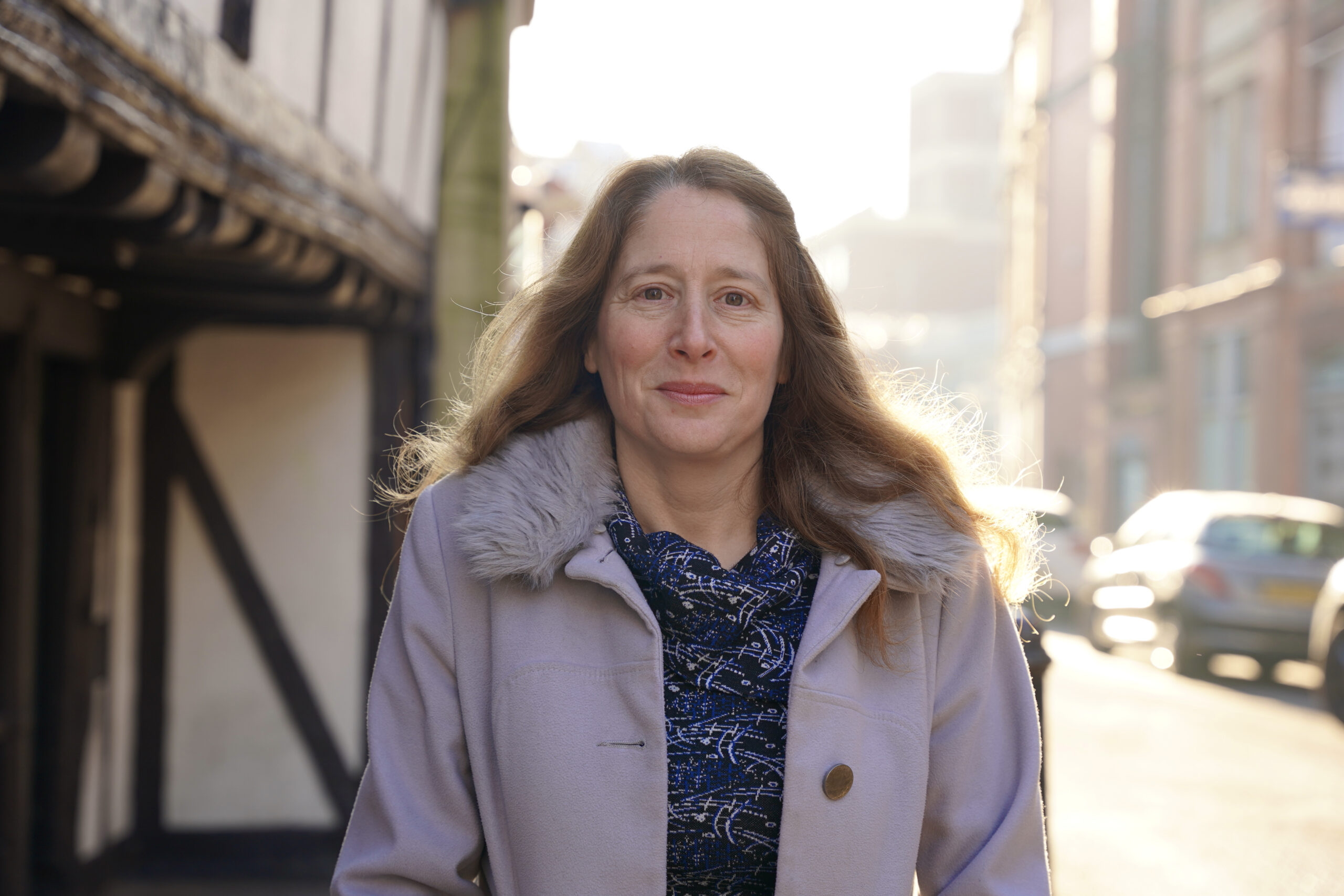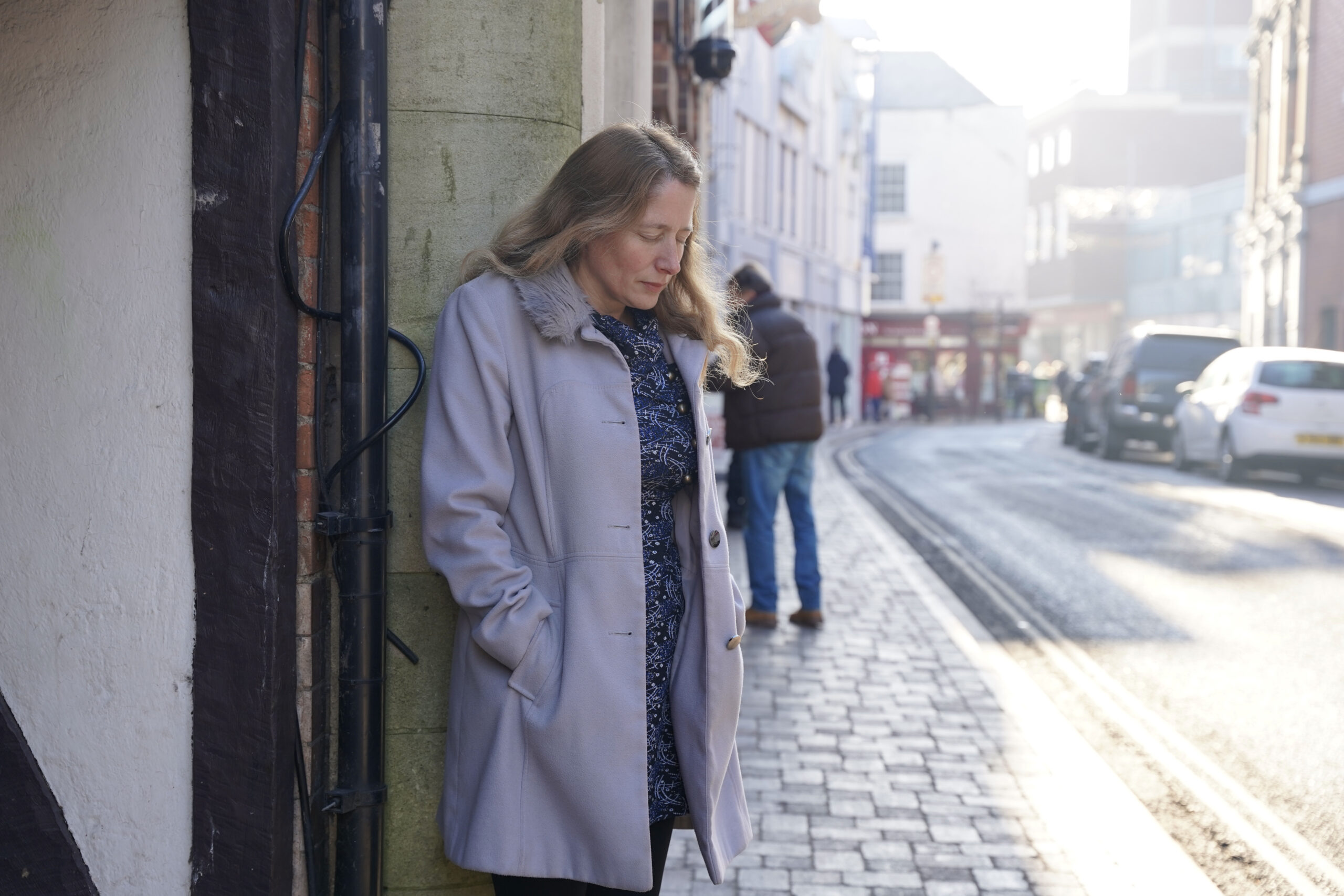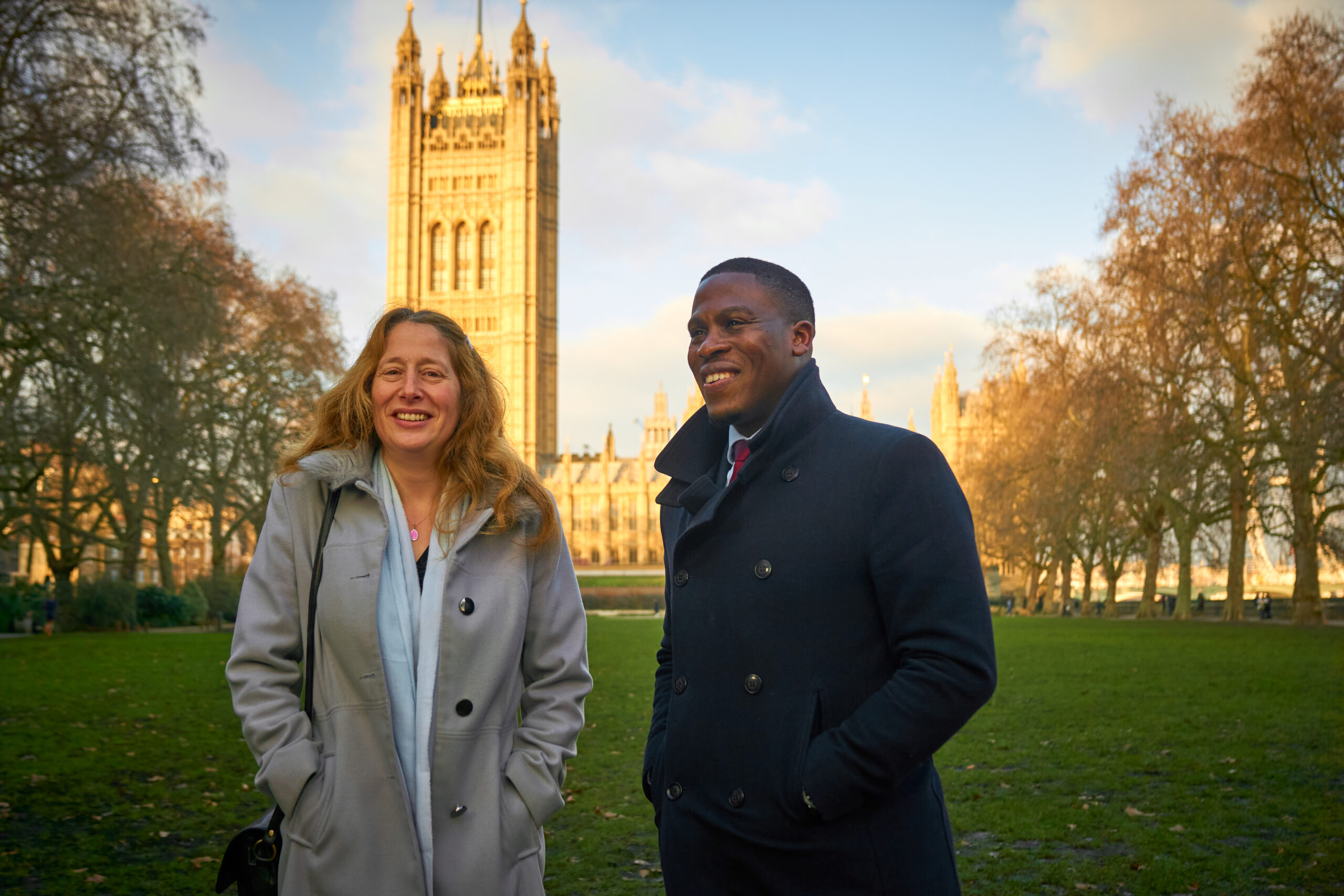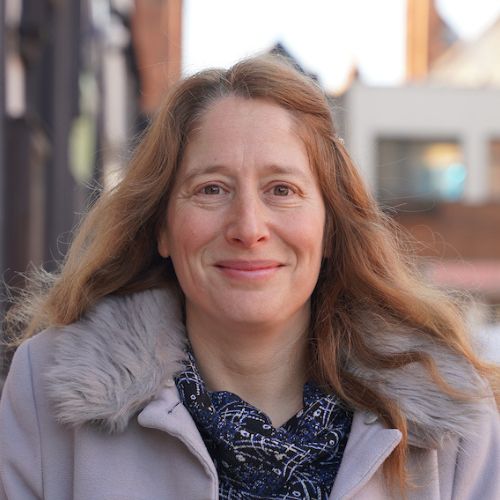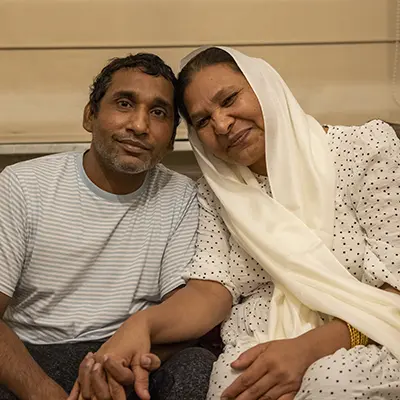- Charitable volunteer Isabel Vaughan-Spruce, who was previously cleared in court and received a payout from police for being unjustly arrested twice for her silent prayers, has been criminally charged again
- Vaughan-Spruce will appear in court 29th January, supported by ADF International

BIRMINGHAM (17 December 2025) – West Midlands Police and the Crown Prosecution Service have criminally charged Isabel Vaughan-Spruce because she “stood outside” an abortion facility, where “influence” is prohibited.
The charitable volunteer has been under investigation since January for engaging in silent prayer on a public street near an abortion facility in Birmingham.
“Silent prayer - or holding pro-life beliefs - cannot possibly be a crime. Everyone has the right to freedom of thought."
- Isabel Vaughan-Spruce
This is the first charge under the new national “buffer zones”, which came into force in October 2024, under Section 9 of the Public Order Act 2023.
The Attorney General confirmed on 16th December, in response to a parliamentary question from former Home Secretary Suella Braverman MP about Vaughan-Spruce’s case, that “The Crown Prosecution Service has issued proceedings under Section 9 of the Public Order Act 2023, in relation to one case, since it was commenced on 31 October 2024.”
Vaughan-Spruce had not yet received information about the criminal charge when this written answer was issued, but was informed hours later in a letter from West Midlands Police.
All previous court cases regarding the status of silent prayer took place in the context of “buffer zones” enforced by local authorities via Public Spaces Protection Orders, rather than through this new law.
The new national law prohibits “influencing any person’s decision to access, provide or facilitate abortion services” within 150m of abortion facilities, but does not mention silent prayer specifically.
CPS guidance on the law stipulates that silent prayer on its own is not enough to meet the threshold of criminality unless it is accompanied by “overt” activity.
Investigated for a “thoughtcrime”
On 18 March 2025, West Midlands Police informed Vaughan-Spruce she was under investigation for praying silently near the facility on 27th January, as well as several other subsequent dates. Vaughan-Spruce has been peacefully praying in the same public area on a regular basis for two decades.
Vaughan-Spruce, with legal support from ADF International, sent numerous requests for clarification in proceeding months as to the status of her case, pointing out that the legislation does not function as a ban on her mere presence or on holding pro-life Christian beliefs.
Repeated injustice over silent “thoughtcrime”
In 2023, the charitable volunteer was acquitted in court after being arrested for praying in a local “buffer zone,” under a Public Spaces Protection Order that banned “expressions of approval or disapproval” of abortion. The incident occurred while the abortion facility was closed. The prosecution offered no evidence to support a conviction.
Despite being cleared of any wrongdoing, Vaughan-Spruce was arrested again for her silent thoughts in the same location weeks later in March 2023, opening an investigation that lasted several months. In August 2024, Vaughan-Spruce successfully challenged her two unjust arrests and received a settlement from West Midlands Police of £13,000.
On regular occasions, she has been approached by officers and asked if she is praying. Once, she was observed by two officers posted to watch her activities.
Isabel Vaughan-Spruce commented:
“Despite being fully vindicated multiple times after being wrongfully arrested for my thoughts, it’s unbelievable that I have yet again been charged for standing in that public area, and holding pro-life beliefs. Silent prayer – or holding pro-life beliefs – cannot possibly be a crime. Everyone has the right to freedom of thought.”
Jeremiah Igunnubole, legal counsel for ADF International, who have supported Vaughan-Spruce’ legal defence, said:
“’Buffer zones’ are among the most concerning frontiers of censorship in the modern west. We all stand against harassment and abuse, but the ‘buffer zone’ law broadly bans ‘influence’ which is being interpreted by police officers to target innocent people who happen to stand in a certain place and believe a certain thing. We will continue to robustly challenge this unjust censorship, and support Isabel’s right to think and believe freely as is the right of every person in the UK.”
Images for free use in print or online in relation to this story only
Pictured: Isabel Vaughan-Spruce, Jeremiah Igunnubole


